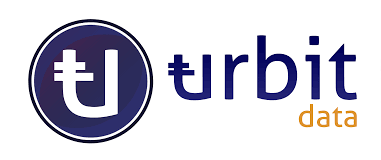
Real estate is one of the largest and most lucrative markets, yet it is also one of the most opaque and inefficient, weighed down by bureaucracy, corruption, fraud and a lack of uniform regulations. Problems only increase on an international scale, as market conditions can vary extremely from one country to another and it is still often difficult to get reliable information. All of this makes getting involved with real estate in any way a highly forbidding prospect for many people who would otherwise be interested in it.
Demand for technological solutions is ubiquitous within the sphere. So far, though, all solutions have come with their own problems. Online platforms trying to make real estate information available to the public often suffer from inaccuracy caused in part by their inability to effectively handle the sheer amount of information. Searching remains a complicated and unreliable process, which is not helped by the fact that information is divided between different services.
Urbit Data (no relation to urbit.org) offers another attempt at bringing the real estate market into the 21st century, this time by combining blockchain technology, crowdsourcing and big data. It offers to establish a new all-purpose platform based on a distributed global database.
How will Urbit Data work?
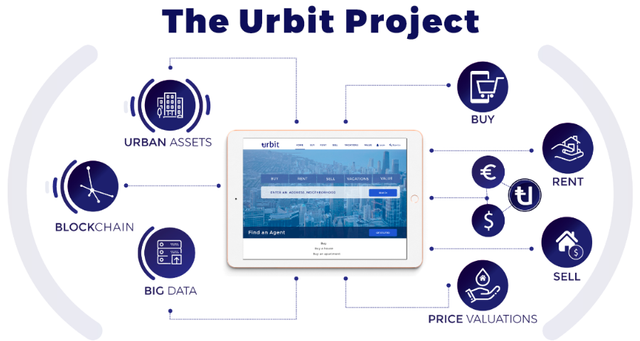
Urbit Data proposes to use a public distributed ledger to house a global database of real properties, recording all important transactional information (from physical location to postal code) and tracking their current ownership status. A separate “Big Data Warehouse” (off the blockchain and optimised for searching) will store non-transactional information that is nevertheless relevant to real estate, such as images and services at a property. This information will be processed and analyzed by special programs and made available to the main platform.
In the platform's client section, users will interact with the database, both by perusing it and by contributing to it. The latter will be done through two versions of the Urbit Data Finder tool: one aimed at ordinary users, and another, higher stake and requiring a special validation process for access, aimed at businesses and organisations involved in real estate. Both will have the same basic functionality: users will be able to enter or verify real estate information manually or by lending their processor power to special APIs, and will be rewarded with Urbit Data tokens (URB). A similar method will be used to collect and check property valuation data.
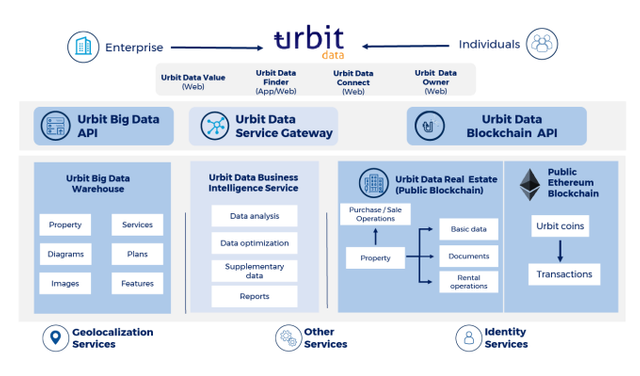
Clients will also be able to use Urbit Data Connect to carry out various operations with real estate. It will similarly be divided into free and enterprise versions. This tool could be used to search for real estate, to publish and advertise properties for rent or salee, offer property management services and engage in transactions through Urbit Data's escrow service. This service would require an URB fee, as would some others, such as receiving legal advice based on the data or getting one's published property featured. Transactions will be recorded using smart contracts.
Who will benefit from Urbit Data?
The transparency, speed and convenience associated with blockchain technology, combined with the advanced big data approach to gathering and analyzing information, has a lot to offer to every participant in the real estate market, above all by finally providing a solution for its data problem, but also by streamlining ordinary operations. It would make it a lot easier and less risky for both businesses and ordinary users to buy, sell or rent real properties. Most of the basic services involved are free, and it is fairly easy for anyone to assist in assembling the database in return for URB.
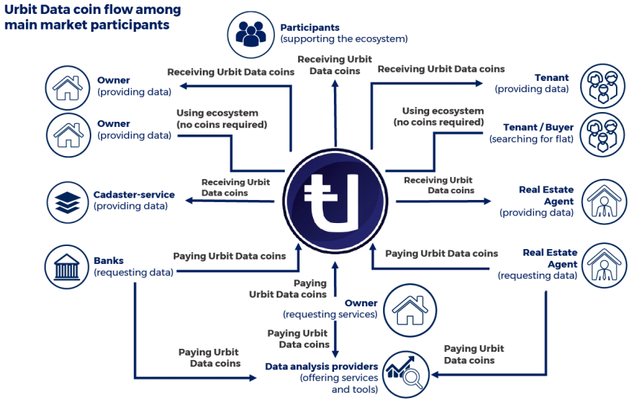
The company expects that banks and real estate agents would be interested in acquiring data in bulk; this will also be a paid service, but real estate agents in particular would find it easy to contribute information for URB. Data analysis providers would round out the prospective ecosystem by analyzing the data on the blockchain or providing the tools necessary to do so. Initially, at least, Urbit Data will function as one of those providers and thus collect additional fees. Another source of profit for the company and its investors would be selling adspace on the platform.
What are Urbit Data's advantages?
Urbit Data has already created a beta version of its platform that is currently being tested on the Spanish real estate market. Its team is headed by experienced real estate market experts who have carried out an exhaustive amount of research to identify the needs and hazards of this sphere. Among other things, they have examined other projects that seek to use blockchain technology to disrupt real estate, coming to the conclusion that they tend to have a different and more limited focus. In addition to its database (extremely valuable in itself), Urbit Data offers several other services that could find use in every part of the vast real estate market. Its design would encourage the growth of a large and diverse ecosystem, from homeowners and potential buyers to real estate agents, banks and cadasters, all of whom would have an incentive to keep contributing to the project.
Token sale details
The token being sold is the Urbit Data coin (URB), based on the ERC20 protocol. All of those tokens may be later exchanged 1:1 for native URB coins to be created later.
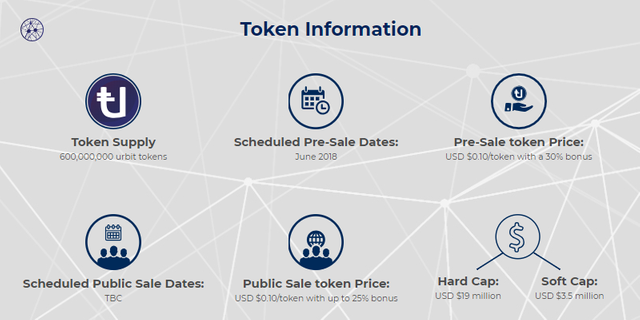
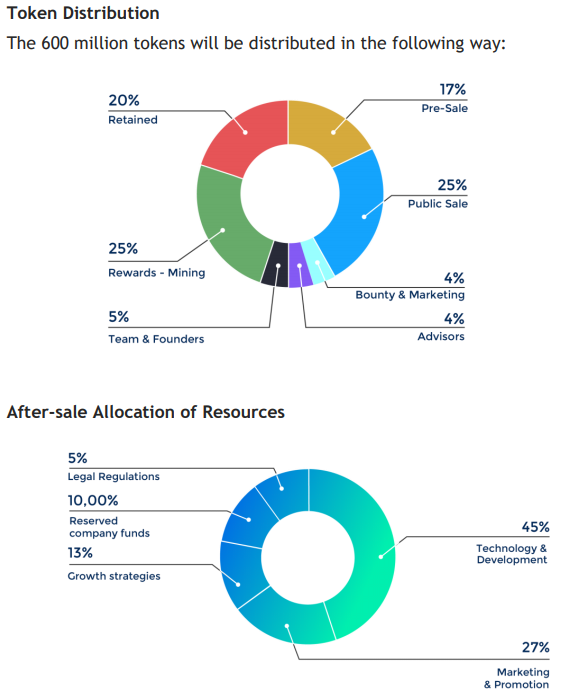
Crowdsourcing a real estate market revolution
Urbit Data is an extremely ambitious project, but it meets a suitably extraordinary demand. Whether it succeeds or not would largely depend on its ability to acquire buy-in from a sufficiently large share of its anticipated ecosystem. Its extensive documentation and beta testing suggests that the people behind it are taking this need seriously. But it is hard to guarantee success when trying to transform such a big and unwieldy global market.
On the other hand, the level of redundancy in the platform's design and long-term strategy means that it will only need to reach a certain critical amount of support to become self-sustaining. The potential of blockchain technology for the real estate market is an increasingly widely appreciated fact, and Urbit Data's approach, allying crowdsourcing to big data, seems like a good way to turn it into reality. If it takes off, its competitive advantages over existing online platforms and competing blockchain projects may well pull it ahead.
Links
Website: https://urbitdata.io/
WhitePaper: https://clck.ru/DasG9
Telegram: https://t.me/urbit
Facebook: https://facebook.com/urbitdata
Twitter: https://twitter.com/urbitdata
Medium: https://medium.com/@urbitdata
ANN: https://bitcointalk.org/index.php?topic=3353363.0
Author: https://bitcointalk.org/index.php?action=profile;u=980049
Disclaimer
This review by Bonanza Kreep is all opinion and analysis, not investment advice.